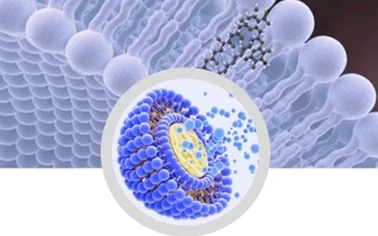

One of the most exciting areas of research revolves around apigenin's possible role in cancer prevention and treatment. Laboratory studies have demonstrated that apigenin can hinder the growth of various cancer cells, including those from breast, colon, skin, and prostate cancers. Apigenin appears to induce apoptosis (programmed cell death) and inhibit cancer cell proliferation. These findings, while preliminary, are promising and highlight apigenin as a compound of interest in the development of alternative cancer therapies. Neuroprotective Benefits The brain is particularly susceptible to oxidative damage, which can lead to neurodegenerative diseases like Alzheimer’s and Parkinson’s. Apigenin’s neuroprotective properties have shown potential in safeguarding neuronal cells against degeneration. By crossing the blood-brain barrier, apigenin may enhance cognitive function, support brain health, and even have anxiolytic (anxiety-reducing) effects, making it an interesting candidate for addressing mental health challenges. Heart Health Cardiovascular diseases continue to be a leading cause of mortality globally. Apigenin supports heart health by improving lipid profiles, reducing cholesterol levels, and enhancing endothelial function – the thin membrane lining inside of the heart and blood vessels. These actions collectively help in lowering the risk of heart attacks and strokes, fostering a robust cardiovascular system. Incorporating Apigenin Into Your Daily Routine To harness the full spectrum of apigenin benefits, incorporating foods rich in this flavonoid into your everyday diet is a practical and pleasurable approach. Celery sticks, parsley garnishes, and warm chamomile tea are simple yet effective ways to boost apigenin intake. For those seeking a concentrated dose or who have specific health goals, apigenin supplements are available and can be an excellent alternative. However, consulting with a healthcare provider before introducing any supplement is imperative for ensuring safety and efficacy, particularly considering individual health circumstances and potential interactions with other medications. In summary, apigenin stands out as a multifunctional compound with promising applications in fostering health and preventing diseases. As ongoing research continues to uncover its myriad potential, integrating apigenin into a balanced and diverse diet could cater to those aspiring to lead longer, healthier lives. Embracing this natural compound, with its rich history and science-backed benefits, can be a pivotal step toward achieving optimal well-being.
Post time:Feb - 05 - 2025
























